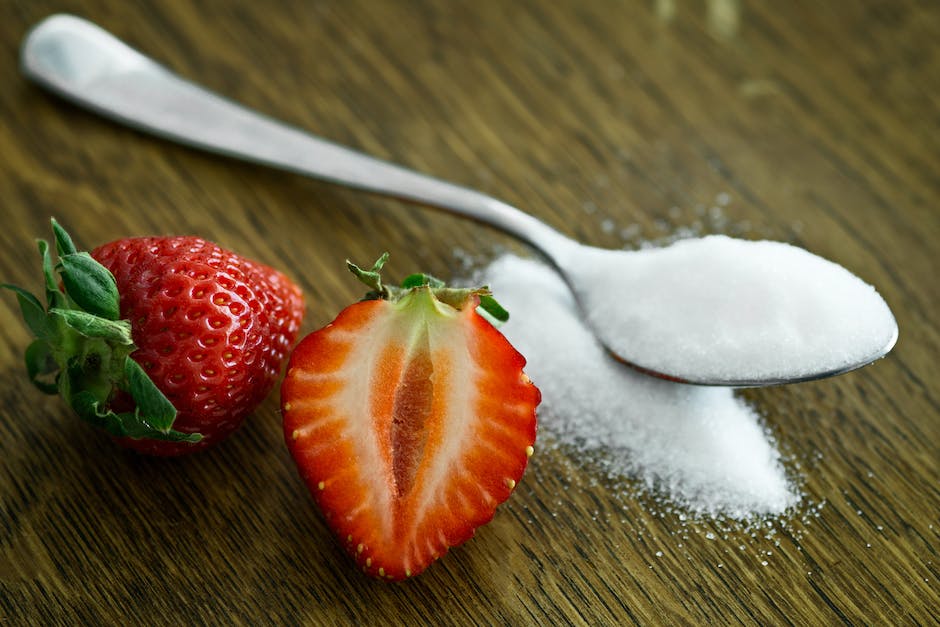Brown Sugar vs White Sugar: Unveiling the Sweet Truth
When it comes to sweetening our favorite dishes, the choice between brown sugar and white sugar is one that many of us face. Whether you’re a baking enthusiast or simply looking to sweeten your morning coffee, understanding the differences between these two sugars can impact both the flavor and nutritional value of your meals. In this comprehensive guide, we’ll delve into the world of sugar, answering commonly searched questions and providing you with all the information you need to make an informed decision in the kitchen.
What is Brown Sugar and How is it Different from White Sugar?
The Basics of Brown Sugar
Brown sugar is essentially white sugar with the addition of molasses, which gives it its distinctive color and flavor. The presence of molasses also means that brown sugar contains certain minerals, such as calcium, potassium, magnesium, and iron, albeit in small amounts. Brown sugar comes in different varieties, such as light brown sugar and dark brown sugar, which contain varying levels of molasses.
White Sugar: A Refined Choice
White sugar, also known as granulated sugar, is the most common form of sugar used in households and commercial food production. It is fully refined and has had all of the naturally occurring molasses removed, resulting in a pure, crystalline product. White sugar is known for its neutral sweet taste, making it a versatile ingredient in many recipes.
Nutritional Comparison: Is Brown Sugar Healthier?
The Nutritional Content of Brown Sugar
- Slightly lower calorie content compared to white sugar
- Contains trace amounts of minerals due to molasses
- Often perceived as a ‘natural’ or healthier alternative
White Sugar’s Nutritional Profile
- Higher in calories by a small margin
- Lacks the minerals found in molasses
- Sometimes criticized for being too refined
It’s important to note that despite the slight differences in nutritional content, both brown and white sugar should be consumed in moderation as part of a balanced diet.
How Does the Taste and Texture Differ?
Flavor Profile: Brown Sugar vs White Sugar
Brown sugar has a deep, caramel-like flavor due to the molasses, which can add a rich, warm taste to baked goods. This makes it ideal for recipes like cookies, barbecue sauces, and marinades. On the other hand, white sugar has a straightforward sweetness without any additional flavor notes, making it a go-to for more delicate desserts and beverages.
Texture and Baking Considerations
- Brown sugar is moist and clumpy due to molasses, which can affect the moisture content of recipes.
- White sugar is dry and granular, offering a consistent texture that is preferred for creating crisp or fluffy baked goods.
Can You Substitute Brown Sugar for White Sugar?
Substituting one type of sugar for the other can be done, but it’s important to understand how it will affect the outcome of your recipe. When substituting brown sugar for white sugar, you may end up with a moister, denser product. Conversely, using white sugar instead of brown sugar might result in a less moist and more delicate texture.
Environmental Impact: Production and Processing
The Production Process of Brown and White Sugar
The environmental impact of sugar production is a topic of increasing concern. Both brown and white sugar originate from the same crops—sugarcane or sugar beets. However, the additional refining process required to produce white sugar can lead to a higher carbon footprint.
Sustainable Sugar Options
- Organic sugars that ensure environmentally friendly farming practices
- Fair Trade certified sugars that support better conditions for farmers
Conclusion: Sweet Choices for Your Lifestyle
In the debate between brown sugar and white sugar, there is no clear winner. The choice ultimately depends on your personal preferences, dietary considerations, and the specific requirements of your recipes. While brown sugar offers a unique flavor and slightly more nutrients due to the presence of molasses, white sugar provides a pure sweetness that is versatile in cooking and baking. Remember that moderation is key when it comes to consuming any type of sugar.
By understanding the differences between brown and white sugar, you can make informed decisions that align with your culinary needs and health goals. Whether you’re whipping up a batch of chewy cookies or crafting a delicate meringue, the right sugar can make all the difference in achieving the perfect taste and texture. So go ahead, sweeten your life with knowledge, and let your taste buds guide you through the world of sugar.


